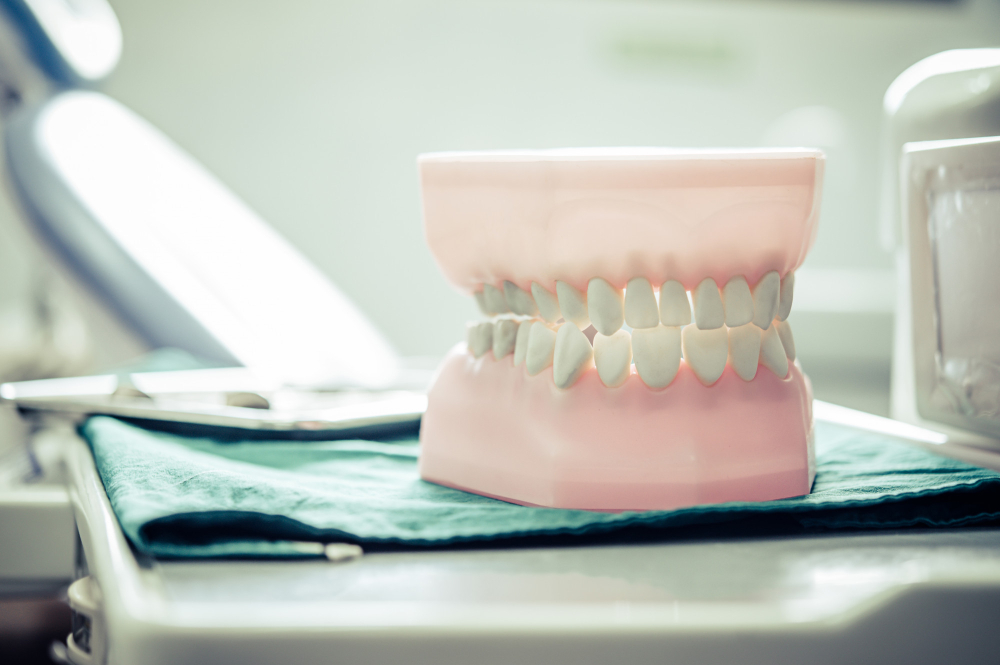Introduction
Dentures are removable replacements for missing teeth. They help people eat, speak, and smile with confidence. Many people, especially seniors, choose dentures to restore their oral health. In this blog, you will learn about the types of dentures, their benefits, how to care for dentures, and answers to common questions. Dentures can improve your quality of life if you have lost teeth.
Types of Dentures
There are several types of dentures. Each type serves a different need. Understanding the options can help you choose the best dentures for your situation.
For seniors, the best dentures often depend on oral health and comfort needs. Your dentist can help you decide which type is right for you.
Benefits of Dentures
Dentures offer many benefits. First, they restore your ability to chew food. This helps you eat a healthy diet. Next, dentures support your facial muscles. This can prevent a sunken look and help you look younger. Also, dentures improve your speech. Missing teeth can make it hard to pronounce words. With dentures, you can speak more clearly. Finally, dentures boost your confidence. You can smile and laugh without worry.
How Dentures Are Made and Fitted
The process of getting dentures involves several steps. First, your dentist examines your mouth and takes impressions. These impressions help create a model of your gums and teeth. Next, a dental lab uses the model to make your custom dentures. After that, you return to the dentist for a fitting. The dentist checks the fit and makes adjustments. Sometimes, you may need more visits to get the fit just right. This careful process ensures your dentures feel comfortable and work well.
Caring for Your Dentures
Proper care keeps your dentures clean and helps them last longer. Here are some denture maintenance tips:
For more details, the American Dental Association recommends regular cleaning and check-ups. If you notice cracks or loose parts, see your dentist right away.
Common Questions and Concerns
Many people have questions about dentures. Here are answers to some common concerns:
Remember, patience and practice help you get used to your new dentures.
When to See a Dentist
It is important to visit your dentist regularly, even if you wear dentures. See your dentist if you notice:
Regular check-ups help keep your mouth healthy and your dentures in good shape.
Conclusion
Dentures can restore your smile and improve your life. With the right care, they can last for many years. If you have questions or need help, consult a dental specialist for personalized advice about dentures.

